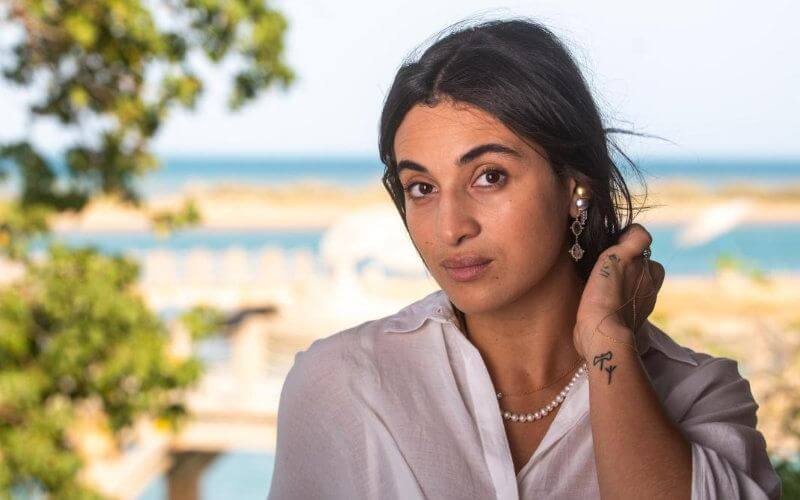Singer Camélia Jordana Sparks Controversy with Police Violence Comments on French TV

Actress and comedian Camélia Jordana took advantage of her appearance on Laurent Ruquier’s show "On n’est pas couché" to speak out on the accusations of police violence that have marked France in recent years. The guest expressed the deep discomfort that comes over her when she finds herself in front of a police officer.
After weeks of absence due to the coronavirus and the measures taken to contain its spread, "On n’est pas couché" is back on France 2 since this Saturday. For this new return, Laurent Ruquier invited the singer and actress Camélia Jordana, and the author Philippe Besson, who spoke at length about "the accusations of police violence that have marked France in recent years".
The actress and singer did not mince her words in her statements on the subject. "I’m talking about men and women who go to work every morning in the suburbs and who get massacred because of the color of their skin. It’s a fact," Camélia declared, stressing that she does not understand this behavior from people whose republican mission is to protect. "There are thousands of people who do not feel safe in front of a cop. And I’m one of them. Today I have straightened hair; when I have frizzy hair, I don’t feel safe in front of a cop in France."
Contrary to the singer’s point of view, Philippe Besson, close to President Emmanuel Macron, points out that "95% of cops do their job well", even if he acknowledges that there are "intolerable, regrettable, condemnable situations", but also "minority".
Yet Camélia Jordana remains convinced "that if certain measures were taken, rather than having dismissals all the time whenever a man or a woman, black or Arab or simply not white, suffers violence... if there were something other than dismissals all the time, if there were something other than an Assa Traoré! If we had something other than that as an image, maybe the cops wouldn’t be so hated," she says.
Related Articles
-

French Air Travel Chaos: National Strike Halves Flights, Disrupts Schedules Nationwide
10 September 2025
-

Algerian Doctor’s French Dream Turns Nightmare: Hospital Exclusion Sparks Legal Battle
9 September 2025
-

French Air Traffic Strike Chaos: Royal Air Maroc Issues Urgent Travel Advisory
9 September 2025
-

Marseille Mayor Faces Death Threats Over Couscous: Far-Right Backlash Ignites Debate on Cultural Tolerance
8 September 2025
-

French Air Traffic Chaos Looms: Massive Strikes to Cripple Flights Nationwide
7 September 2025